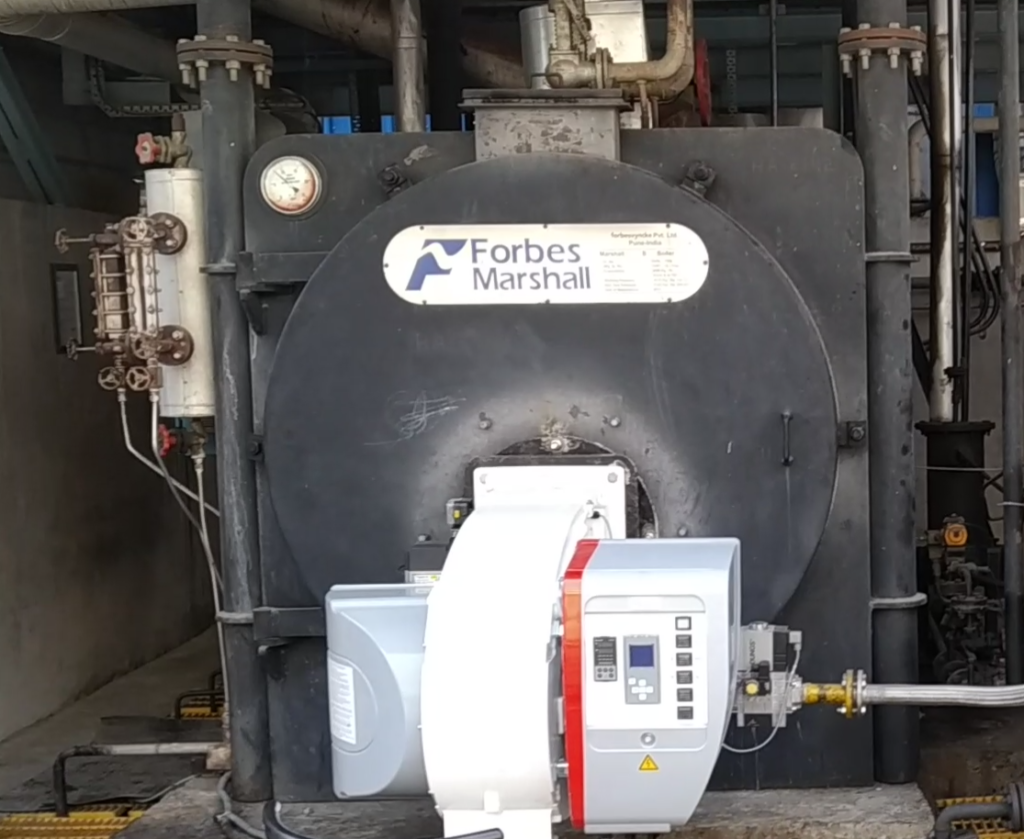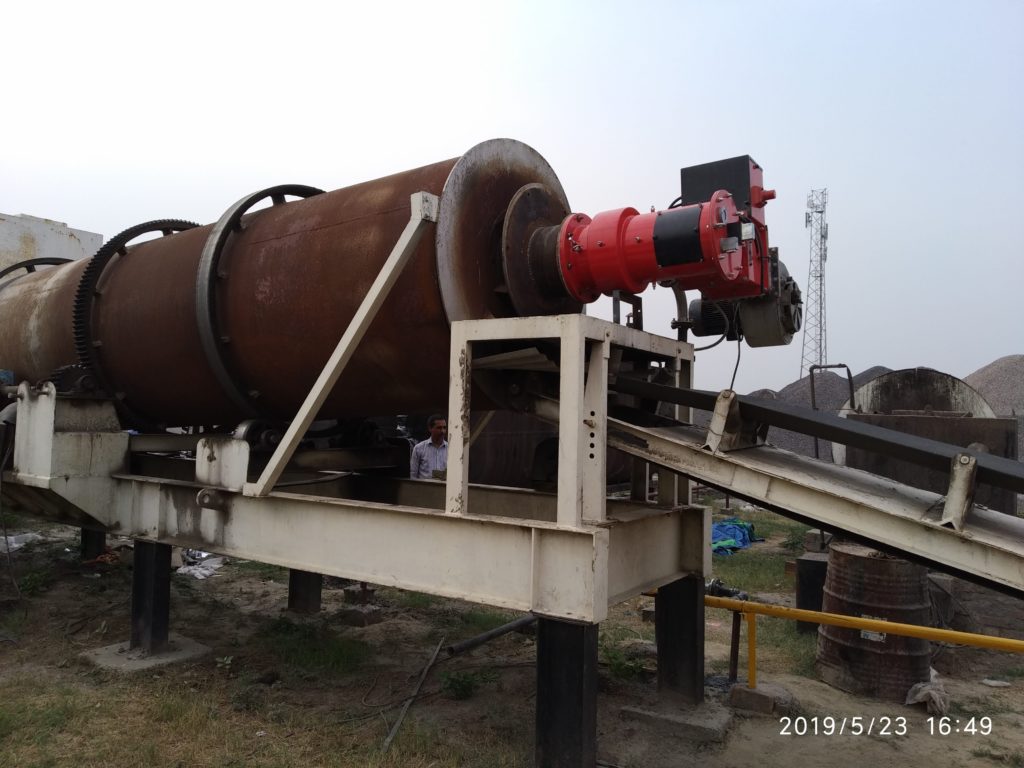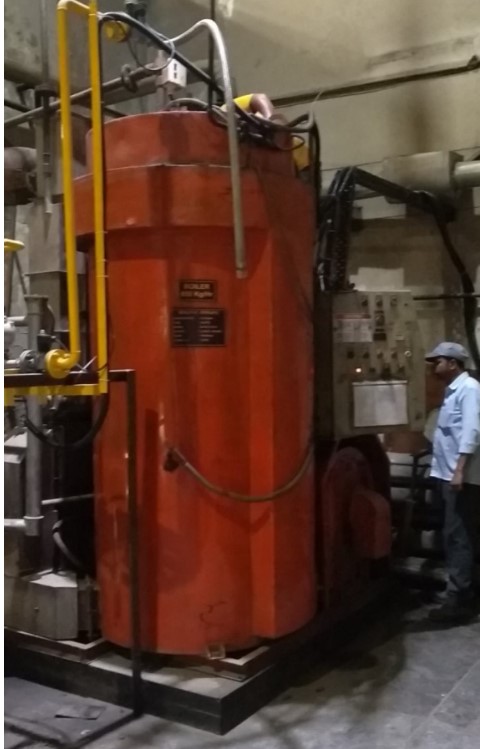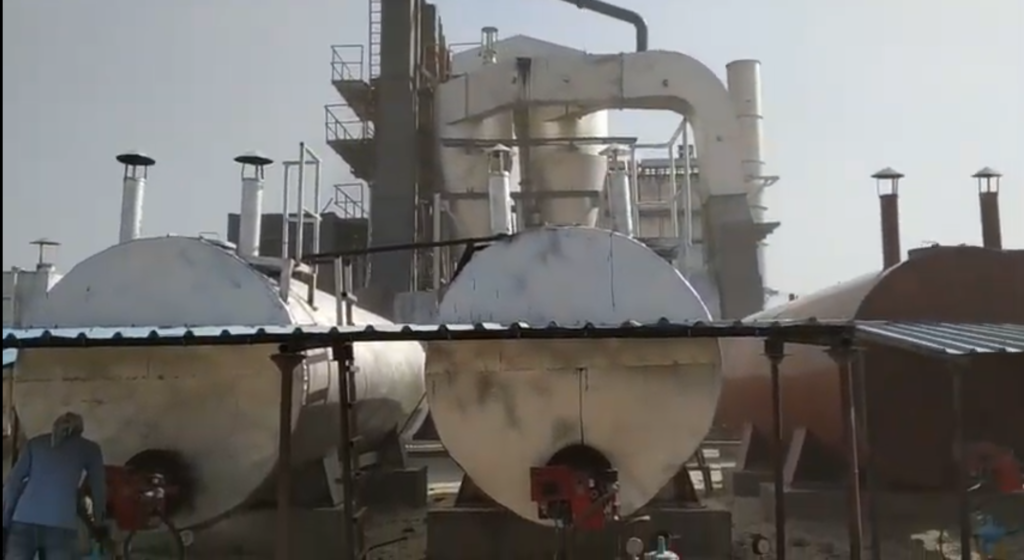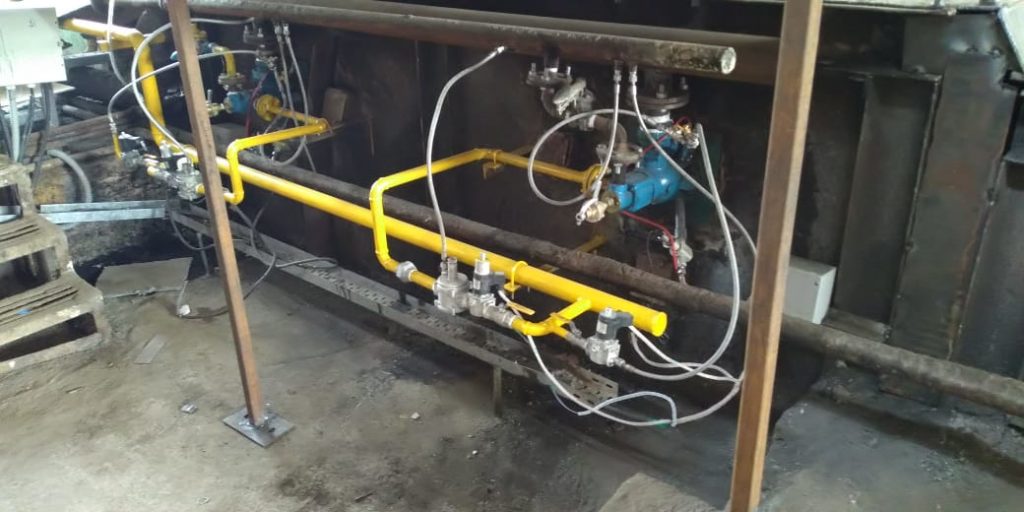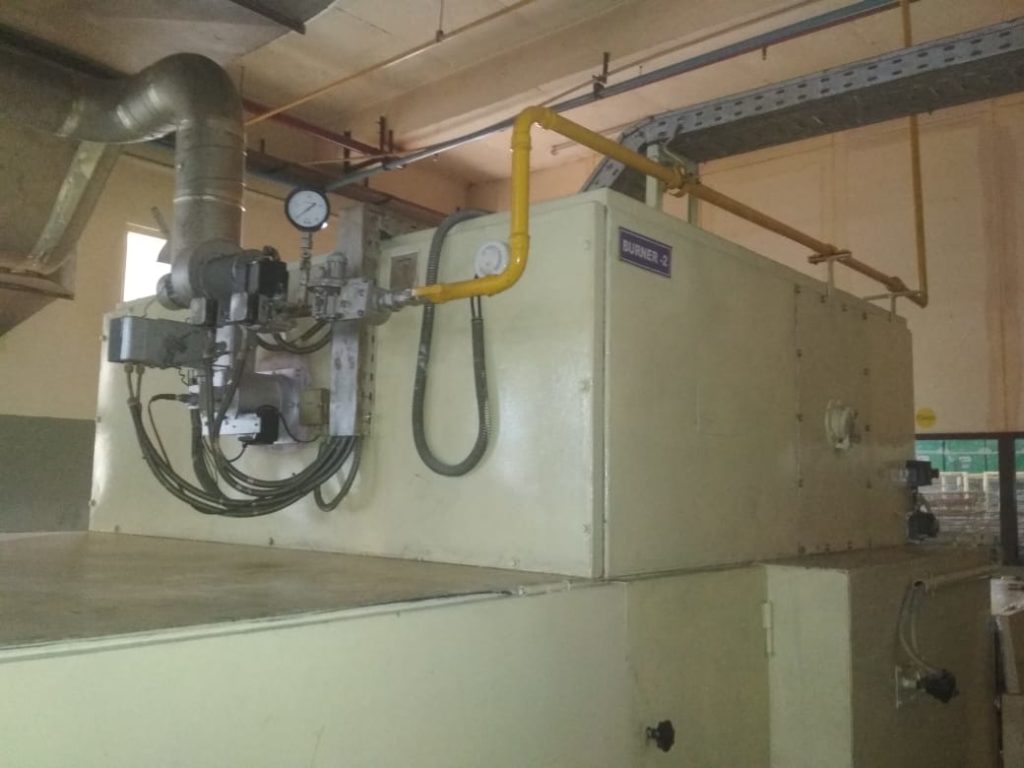Introduction :-
• LPG is a versatile fuel that is ideally and widely used in many industrial applications and production processes. These include space, process and water heating, metal processing, drying, food production, petrochemical production as well as powering industrial ovens,kilns and furnaces among others.
Since LPG produces less amount of CO2 as compared to Diesel, National Gas promotes the industrial usage of LPG and we are expert in converting industries, which are already using Diesel, to use LPG. Millions of businesses, from large industries to restaurants to hotels, independent small professionals and contractors, rely on LPG as an energy source for numerous applications.
The downstream process in industrial gas solutions also includes conversion of fuel. To understand why Fuel conversions are done, it is important to note the advantages of gas over other energy sources and the disadvantages and the harmful effects of other heating substitutes like oil, coal, wood, diesel, electricity etc.
• LPG consists of simple hydrocarbons, mainly Propane (C3H8) and Butane (C4H10). Due to its Simple structure and absence of impurities, it is Among st the few clean and efficient burning Fuels known to mankind
• LPG naturally exists in vapor form and can be Easily liquefied by moderate pressures. This Makes it very convenient to store, transport and Handle giving the user hassle- free operations.
Safety and Availability :-
• LP gas are actually quite safe in comparison with Other fuels. LPG has a high ignition temperature, about 450-510 C compared to about 177- 329 C for Gasoline’s. This makes it less likely to ignite Spontaneously.
• LPG is handled in closed, leak-proof cylinders / Tanks ensuring that there are no spillages and other Handling losses.
• LPG is available in various systems VOT, LOT & Bulk installations for Commercial & industrial Consumers.
Benefits of LPG :-
• LPG is an exceptional energy source due to Its origin, benefits, applications and its industry. As a Clean, lower carbon, efficient and innovative energy it Offers benefits to consumers, industry and the Environment. LPG also shows lower greenhouse gas Emissions than petrol, diesel, and electricity, on an Energy-equivalent basis .LP Gas has unique properties allow it to be Used Everywhere:
• LPG is very clean burning and has lower green- House gas emissions than any other fossil fuel when Measured on a total fuel cycle
• The LPG combustion systems are much simpler to Maintain owing to fewer accessories. It also does not Require frequent cleaning. Guess what you gain as a Result fewer shutdowns and lower cost of Maintenance & spares.
• LPG is cost-effective, since a high proportion of its Energy content is converted into heat. LP Gas can be Up to five times more efficient than traditional fuels Like Diesel (HSD & LDO) & F.O , resulting in less Energy wastage and better use of our planet’s Resources.
• Easy and accurate temperature control gives you Superior product quality.
• LPG can be accessible to everyone everywhere today without major infrastructure & investment.
• LPG gives instant heat. Hence, the desired temperature is reached in quick time increasing the productivity.
• LPG Combustion Require Less Excess air Resulting Minimum burning losses in Melting & Heating Process.
Industries where LPG Could be Used:
• Hotel & Hospitality: Boiling, Stewing, Frying, Grilling, Toasting, Broiling, Roasting, Baking, etc.
• Food Processing: Tea Drying, Biscuit baking, Bread baking, Cocoa Bean roasting, Coffee roasting, Chicory roasting, cornflakes, Tea drying & many more Where drying, roasting & frying is required.
• Building And Construction: Bitumen Heating, Asphalt heating ( Concrete Mixing), sand curing & many More where Heating must be required.
• Agriculture: Bird scaring, Chicken breeders, Poultry , Grain drying, Cereal drying, Rice drying, Tobacco Curing & Many more where heating/ drying Is required.
• Glass & Ceramic Industries: Mould heating, Glass furnaces, Glass melting, Glass forming, Fire Polishing, Annealing Chambers, Tile Decorating, Tile Glazing Etc.
• Industrial Processes: Aluminum melting, Aluminum-Billet heating, Steam boiler, Space and Process Heating, Melting, Preheating, Hardening, Tempering, Grain drying, Cutting, Welding, Powder Coatings, Powder manufacturing, Lead melting, Soap Manufacturing, Paint drying, Food processing , Hot Water generation, Shrink-wrapping, Industrial ovens, Galvanizing, De greasing, Print drying, Incinerators. Pulp drying, Radiant heating of Paper
Comparing Various fuels :-
The difference of fuel efficiency comprises on following parameters,
• Fuel Atomization
• Latent heat of vaporization
• Excess air
• Burning speed
Fuel Atomization: Atomization of fuel needs external Energy (by pump or compressor) to atomize before Injecting the fuel in to the combustion Chamber. Heavier the fuel higher is the atomization Cost. In case of gaseous fuel the same is absent, giving Gaseous fuels an advantage of 2-3%.
Latent Heat of Vaporization: During Combustion process liquid fuel gets converted to vapor And the vaporization process takes away the latent heat Of vaporization from the combustion heat. The latent Heat of various liquid fuels varies from 90-110 K cal/ Kg. Gaseous fuels does not require any vaporization hence No such heat loss from the combustion process.
Excess Air : All fuels except gases are burnt With More positive pressure. This characteristic Of liquids And solid fuels require combustion air Being fed at More Pressure than in case of Gaseous fuels. Gaseous Fuels are the only fuel Which can be burnt 100% at Atmospheric Pressure, requires less combustion air Pressure Hence less stack losses. This characteristic of Gaseous fuels gives an advantage of more than 10% Over liquids in terms of less exhaust losses.
Burning Speed: The ability of LPG to burn Faster than liquid and solid fuels ensure No sunburn fuel going in the exhaust. This Further improves the efficiency of gaseous Fuels especially in case of high Consumption Applications.
Apart from above mentioned direct advantages the use of gas entails indirect advantages as under:
• Gas is the fuel of future
• Low maintenance of equipment s
• Direct heating is possible
• No vaporization losses from the storage tank as In case of liquid fuels
